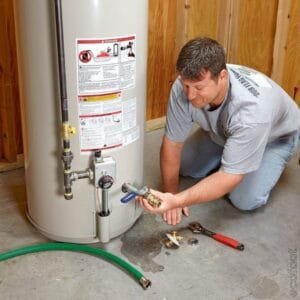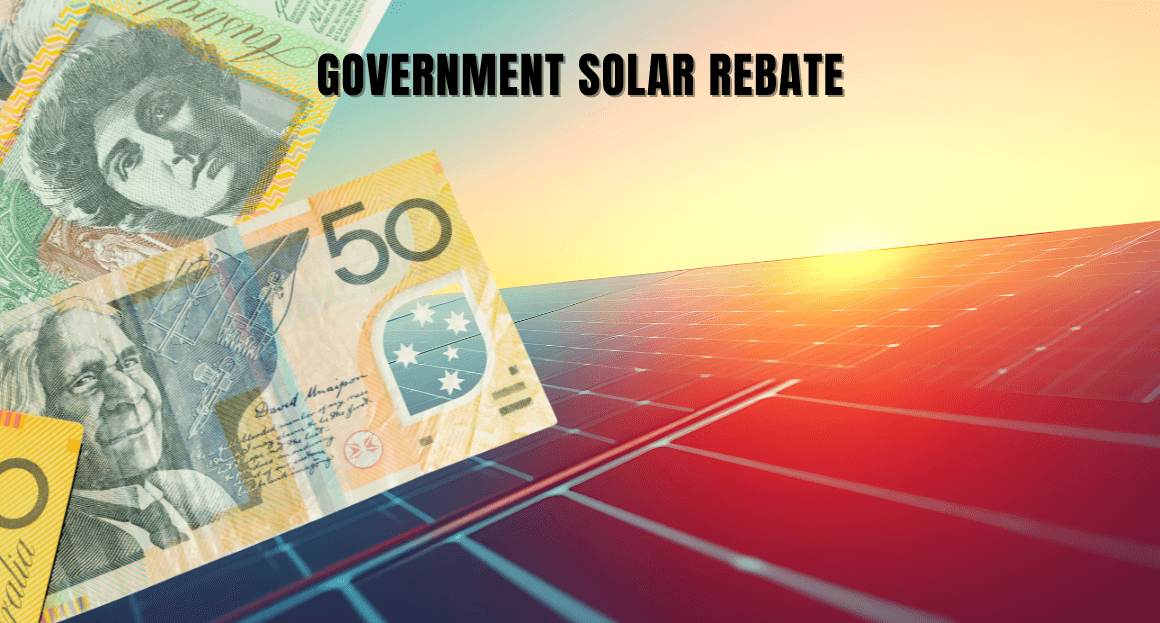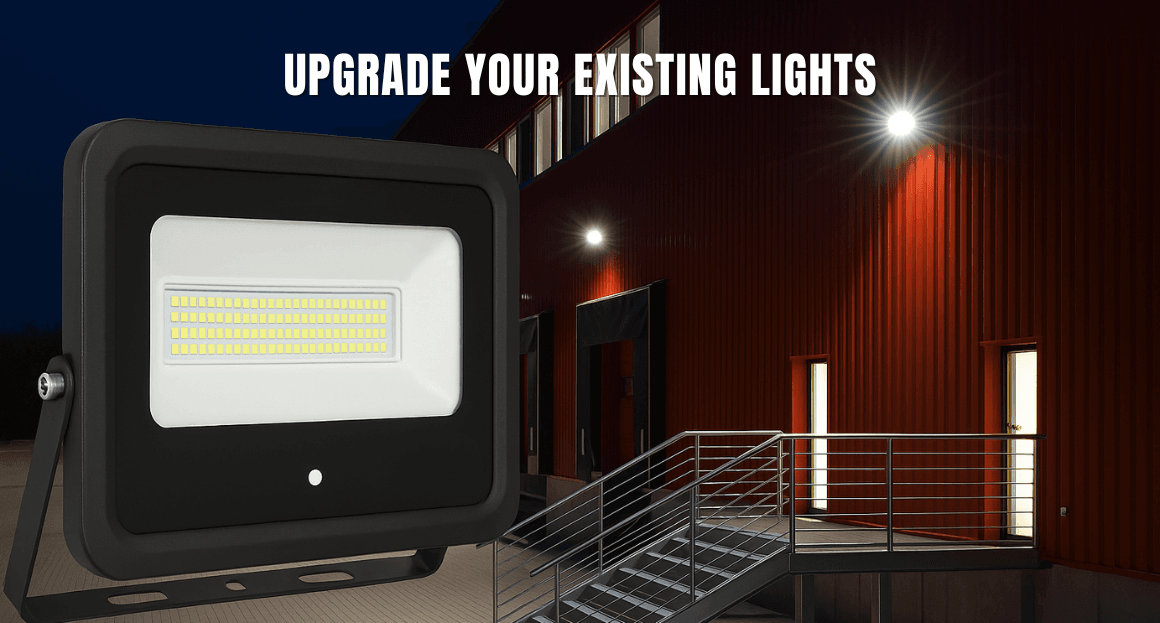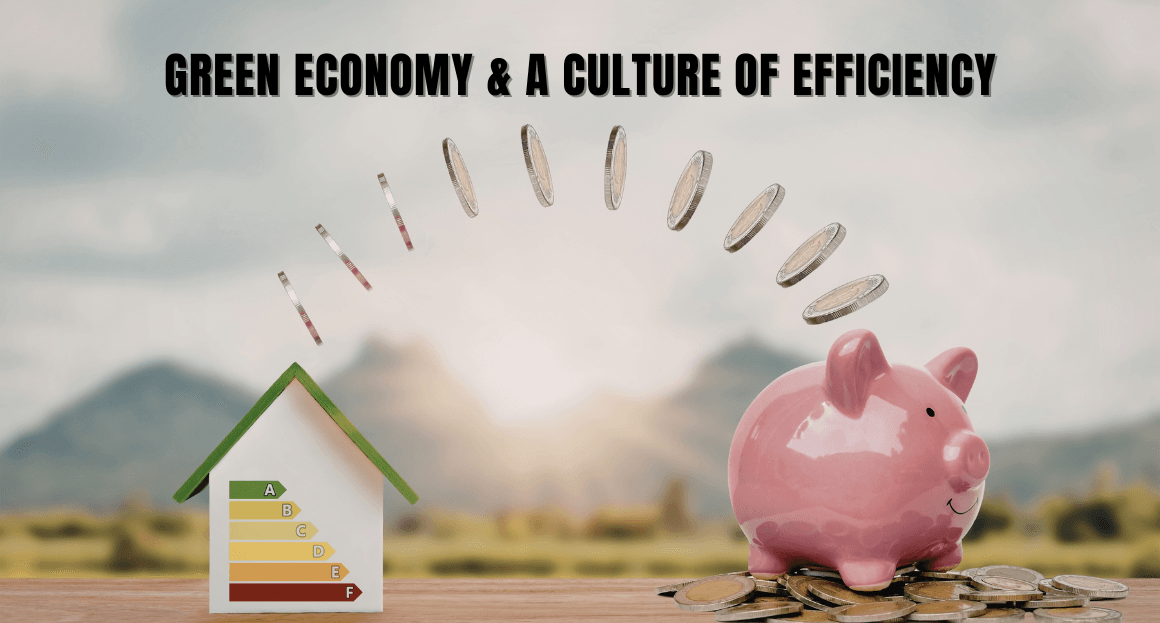
 Hot Water System
Hot Water System 
Water Heater Installation for Your Business
Understanding VEEC Points from Water Heater Installation
The Right Type of Hot Water System
- Gas hot water systems – offer faster heat‑up, but rely on fossil fuels
- Electric hot water system – simple but usually inefficient
- Solar hot water – low running costs, but installation is weather‑dependent
- Heat pump water heater installation – high upfront cost, superior energy efficiency
- Hybrid systems combining solar and electric backup
Hidden Costs Still Save You Money on a Water Heater Installation

- Rebate offset through VEECs
- Long-term energy savings
- Lower maintenance on modern systems
- Reduced carbon‑tax exposure
- Compliance with rental or building standards
Step-by-Step Guide to Installing a Water Heater Efficiently
1. Assessment & Audit
2. Selecting the System
3. Hiring Qualified Professionals
4. Installation Process
- Drain and remove any old system
- Install and connect the new tank (solar, electric, gas, or heat pump)
- Hook into your cold water supply and set up return lines as needed
- Commission the system—add heat pump refrigerant, test gas pressure, check solar components
5. Certification and Compliance
Boost Savings by Pairing with Other Upgrades
- LED lighting upgrades
- Efficient air conditioning units
- Insulation additions
- Timer controls and thermostats
How Gas Systems Compare
A Case Study: Melbourne Cafe
- Installed a 315‑L heat pump
- Rebate of ~$1,000 in VEECs
- Upfront cost = $0 (fully covered under the VEU program for commercial sites)
- Energy savings = $700/year
- Full payback = Immediate savings from day one
Regular Maintenance for Longevity
- Flush storage tanks annually to prevent buildup
- Check the heat pump’s refrigerant annually
- Inspect gas flues and pressure valves
- Clean solar collectors and ensure the pumps work
Behavioural Practices
- Avoid letting hot taps run overnight
- Install low-flow nozzles
- Switch off guests’ hot water during off-peak hours
- Train staff on pro-energy measures
Upfront Rebate Application Strategies
- Aim to complete the water heater installation before the VEU changes expected in 2026
- Document usage and savings, if possible
- Use provider tools for accurate VEEC estimates
When Replacing Existing Systems

Avoid DIY Risk for Hot Water Heater Installation
- Licensed plumbers
- Certified electricians
- Fully compliant with VEU program standards
Hybrid & Solar Hot Water Benefits
Upgrading Your Existing System
Tracking Long-Term Savings
- Check electricity/gas bills before and after
- Use smart metering when available
- Aim to reduce hot water energy use by 50–70%
The Bigger Picture: Sustainability & Your Business Brand
Planning for Future Proofed Water Heating
- Rising carbon prices
- Possible prohibition of new gas systems
- Integration with renewables and smart grids
Make It Count
FAQ's
Which is better – gas or electric hot water tank?
Can I install a water heater by myself?
Are water heaters expensive to run?
Should a plumber install a water heater?
Where’s the best place to put a new water heater?
Other Related Blog

 Solar
Solar Every week, we talk to homeowners and small business owners across Victoria who say the exact same thing: “It’s too expensive right now.” “We rent; our

 Lighting
Lighting The lights stay on, work continues, customers still walk through your doors, but behind the scenes, your electricity bill climbs year by year, your carbon footp

 Lighting
Lighting When it comes to upgrading your commercial lighting, finding a reliable and professional partner makes all the difference. At Eco Foot, we specialise in commerc

 Lighting
Lighting Go Greener at Work! Start with the lights — the simplest step toward cutting costs and carbon. For businesses in Victoria, an LED lighting upgrade offers a cl

 VEU Updates
VEU Updates What can you do for Victoria? Simple: Upgrade old, inefficient systems in your home and business So what’s in it for you? Generous rebates that make

 Air Cons
Air Cons What if lighting didn’t just save you money… but actually earned it back for you? Welcome to the world of commercial LED lighting with rebates, and in parti



